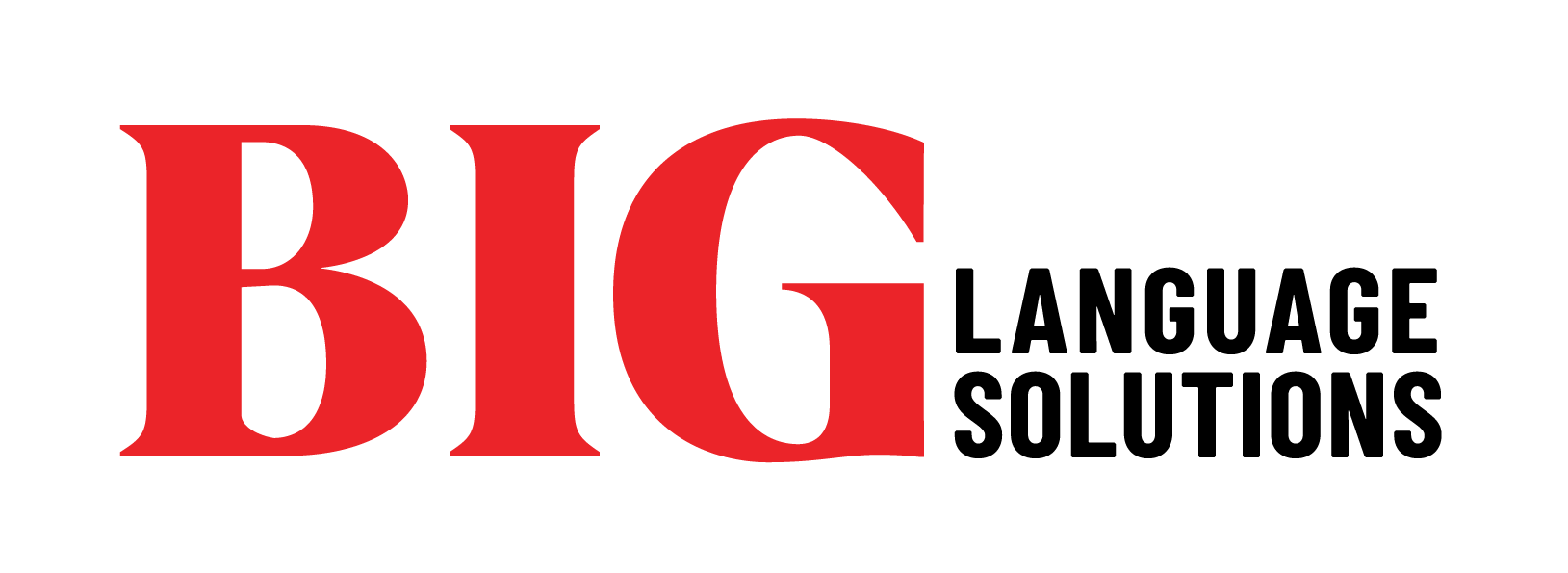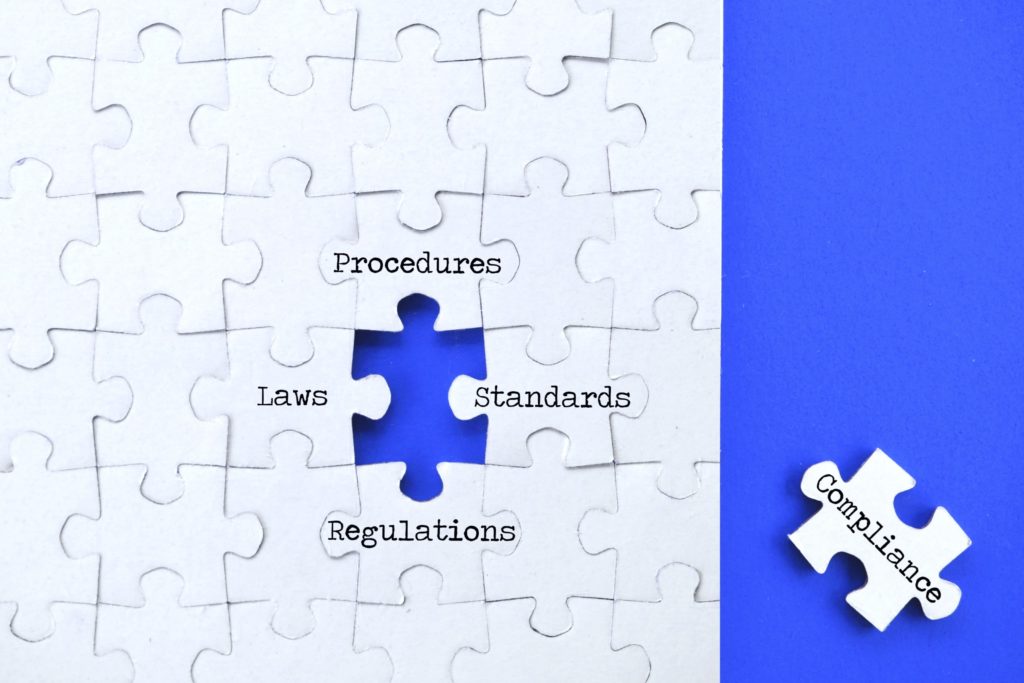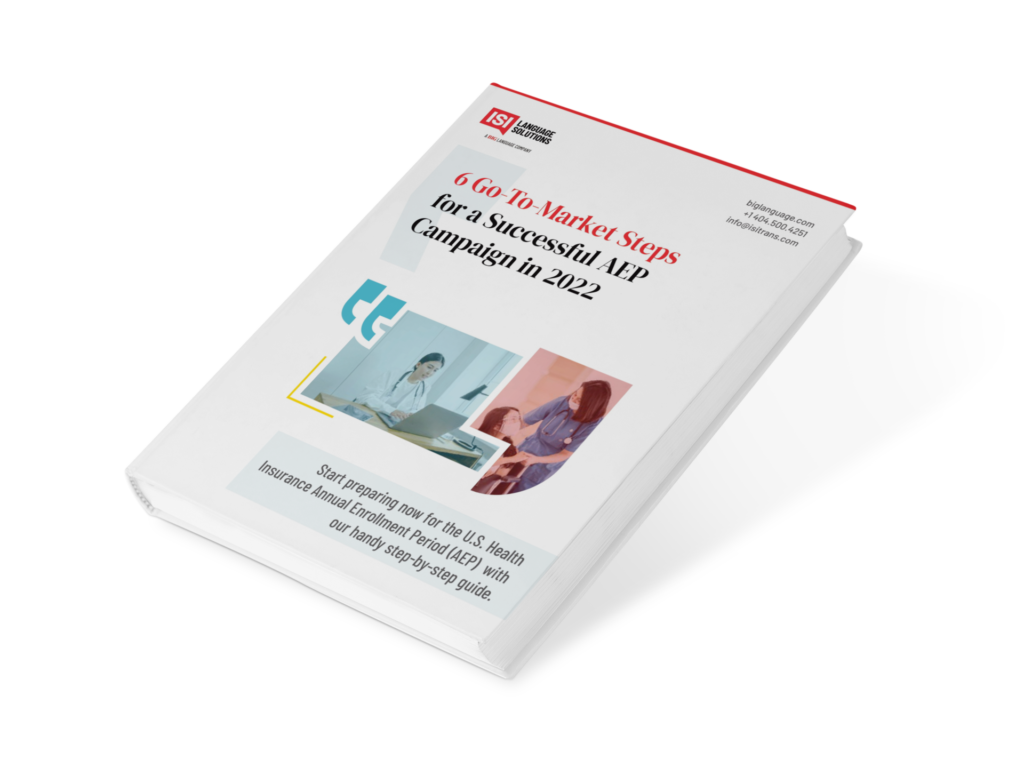Translating content can pose significant risks for companies operating in regulated industries such as law, financial services, healthcare, insurance, and manufacturing. Even a small translation error can bring serious consequences, ranging from health and safety issues for consumers to financial and reputational damage for businesses.
Growing globalization and rising multilingualism in the U.S. necessitate the need for more companies to translate their content in order to reach and provide service to more customers:
- Flows of digital information over the internet have surged. In response, industries like banking and manufacturing are being regulated in an effort to control the translation of digital information flowing between countries.
- The number of non-English speakers living in the U.S. has risen significantly. More than 20% of U.S. residents now speak a language other than English at home. As a result, state and federal regulations are in place in many industries, especially including healthcare and medical insurance, that require documents to be translated into multiple languages in order to provide equal access to services in regulated industries.
Regulated Industries Face Very Specific Issues
Companies in regulated industries must meet industry-specific federal compliance requirements and, in some instances, state and local laws. Increasingly, these regulations include verbiage about language access and translation issues. These issues can be exacerbated by each industry having its own specialized jargon and processes. Specialty areas within each industry also use their own unique terminology, further complicating an individual entity’s ability to be in compliance with translation requirements.
Here’s an in-depth look at some of the common issues, by regulated industries:

Legal Industry
Legal jargon varies from practice area to practice area. The language used in maritime law is quite different from that of patent law or cross-border mergers and acquisitions (M&A). Translation errors, unfortunately, can trigger financial penalties, reputation damage, and client losses.
Translation mistakes are particularly common in contract law and in courtroom testimony. Legal contracts need to be drawn up in accordance with federal, state, and local laws and regulations. International businesses must be especially mindful in translating terms and conditions, which are designed to ensure that all parties understand their contractual rights and obligations. Errors in translation can make these documents void in court.
Financial Services
In the financial services industry, accurate document translation is essential to ensure data validity, information accuracy, and regulatory compliance when navigating relationships across international boundaries.
Financial services firms must now adhere to the Know Your Customer (KYC) requirements of the Financial Crimes Enforcement Network (FinCEN). A bureau of the U.S. Treasury Department, FinCEN aims to use data collection and analysis to help thwart money laundering, financing for terrorism, and other financial crimes.
Even after collecting comprehensive data from international customers to meet the KYC mandate, financial institutions can still expose themselves to risk or expensive delays if translations are inaccurate. This can lead to either financial penalties or federal oversight action.
Healthcare
In healthcare, translation errors can result in severe medical consequences for patients as well as financial penalties for providers. Similar to the legal profession, healthcare is another industry with a high level of specialization, sometimes complicating the translation process.
Yet another challenge for healthcare providers is that they sometimes must determine whether state laws about patient privacy should prevail over the federal Health Information Privacy Act (HIPAA).
Another important regulation in the medical space is Section 1557 of the Affordable Care Act (ACA), which gives patients with limited English proficiency (LEP) the right to sue providers covered by the ACA for failing to provide required levels of language access. Among other stipulations, Section 1557 requires providers to offer “meaningful access” to those with LEP through oral interpretation and written translation services, at no cost to patients.

Insurance
The medical insurance industry must communicate effectively with non-English and limited English-speaking consumers to help increase member enrollment and user satisfaction.
Regulatory requirements associated with open enrollment periods must be explained, for instance, so that individuals know that they can only sign up for a new insurance plan during these periods, ordinarily taking place from October to January. Providers must also explain, however, that potential insurees can sign up for new policies at any time of the year if they either qualify for Medicaid or the Children’s Health Insurance Program (CHIP), or experience a “life-changing event” such as moving, getting married, having a baby, or losing other healthcare coverage.
Insurance providers also need to offer insurance policies and lists of member physicians in many different languages. Similar to healthcare, many medical insurance providers are also bound by Section 1557 of the ACA.
Manufacturing
Manufacturers face significant marketing, sales and human resources challenges.
Consider this three-pronged issue:
- Nearly all manufacturers expect to grow internationally.
- There are wide gaps in English proficiency across employees in specific industries and countries.
Additionally, regulators are becoming increasingly focused on translation issues in manufacturing. For example, new regulations controlling the manufacturing, marketing, and usage of medical devices within the European Union (EU) are now compelling manufacturers of these products to incorporate language translation and localization into their global development strategies. Only medical devices that meet these requirements are eligible to bear the “CE mark.”
Checklist for Moving Forward
Companies in regulated industries need to be hyper vigilant about the accuracy of their translations. Each regulated industry has its own environment as well as its own jargon and specialty areas, requiring a depth and breadth of knowledge around industry-specific regulations and terminology.
Some recommendations to consider:
- Translation and localization for regulated industries is a critical corporate task. It is not a one-time thing. Instead, it calls for ongoing effort.
- Ensure your Language Service Provider (LSP) has extensive and proven experience in your industry and with the locations in which you do business. You should also make sure your LSP has the ability and desire to grow with you.
- Assess your entire supply chain to determine where you might have regulatory responsibilities. In pharma and life sciences, for example, global demand has driven an increasingly complex international infrastructure with intricate regulatory and compliance requirements. No matter where you are in the pharma supply chain, you are responsible for the medical consequences of drug-related translations.
- Consider your need for interpretation services in addition to translation. Translation challenges don’t end with written documents. In some geographies and circumstances, compliance also extends to live on-the-spot interpretations. This could include courtroom testimony or discussions of medical diagnoses and test results with hospital patients.
- Leverage a vault-like online platform to extend your data security perimeter. Security is particularly critical when regulations require protecting banking information or patient records, for example.
BIG Language Solutions Can Help
BIG Language Solutions has everything it takes to help you ensure compliance with the rules and requirements in your regulated industry. We utilize regulatory experts, translators, and interpreters across various industries, including specialists in fields such as patent law, contracts, engineering, architecture, chemistry, and many others. We customize and deliver language services in more than 200 languages and dialects. We also offer intelligent translation tools, customized client glossaries, and expert guidance to help you navigate the complex regulations and mandates in your field.
Now, BIG is becoming even bigger and better. We recently acquired life science specialist Dora Wirth Languages. What’s more, our new online security platform LanguageVault meets a long-standing need in the language service industry for securing content through the translation life cycle. Please visit our website to find out more.









